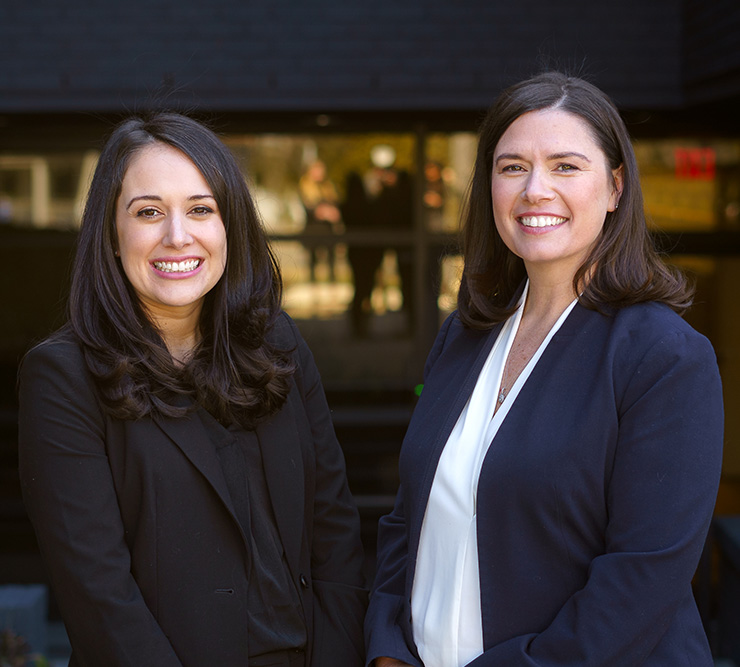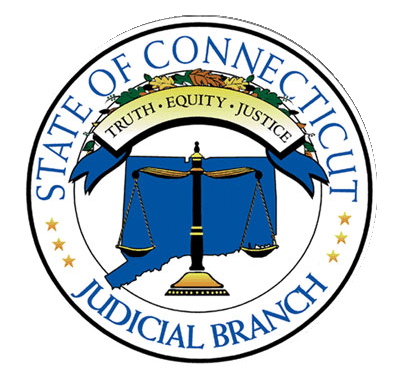

Divorce Lawyer in Westport, CT
Knowledgeable & Experienced Divorce Lawyers
Navigating the legal complexities of divorce in Westport, CT can be a challenging and emotionally taxing process. Our divorce lawyers at Ferro, Battey & Eucalitto, LLC provide essential guidance and support to individuals seeking to dissolve their marriage. Our attorneys are well-versed in state laws and procedures, ensuring that the rights and interests of our clients are protected throughout the divorce process. We handle a wide range of issues, including property division, asset valuation, and the dissolution of marital agreements. With a compassionate and thorough approach, our knowledgeable divorce lawyers help clients make informed decisions and achieve favorable outcomes.
Advice About Filing for Divorce
Filing for divorce is a significant step, and it's important to approach the process with careful consideration and preparation. Here is some advice to help you navigate this challenging time:
- Gather Important Documents - Collect all relevant financial documents, including tax returns, bank statements, and property deeds. This information is crucial for determining asset division and financial support.
- Consult with a Lawyer - Before filing, consult with a divorce lawyer to understand your rights and the legal process. He or she can provide personalized advice and help you prepare a strong case. At Ferro, Battey & Eucalitto, LLC, our attorneys are here to assist during this difficult time.
- Consider Mediation - Mediation can be a less adversarial and cost-effective alternative to litigation. It allows both parties to work together to reach mutually beneficial agreements.
- Maintain Communication - Try to maintain open and respectful communication with your spouse, especially if you have children. This can help minimize conflict and make the process smoother.
- Take Care of Your Emotional Well-Being - Divorce can be emotionally draining. Consider seeking support from friends, family, or a therapist to help you through this transition.
- Plan for the Future - Think about your long-term goals and how the divorce will impact your financial and personal life. At Ferro, Battey & Eucalitto, LLC, we can help you create a plan to secure your future.
Experienced & Dedicated Family Law Attorneys
Work With A Solution-Oriented Law Firm!

Have Questions?
-
What are the grounds for a “fault” divorce?
The fault grounds for divorce include adultery, fraudulent contract, desertion, alcohol or drug addiction, intolerable cruelty, imprisonment, and others. To get divorced, one party must establish one of these grounds. It is uncommon for one party to ask for a divorce on a fault-based ground.
A party does not need to file for divorce on a fault-based ground, however, to argue that the court should consider the other party’s fault. The court may consider the fault of either party when making alimony and property division orders.
-
What is joint custody?
There are two types of joint custody: joint legal custody and joint physical custody. Legal custody concerns the parents’ ability to make major decisions for their children. Major decisions include health, education, and religious decisions. If parents have joint legal custody, the parents are required to agree on all major decisions for their children.
Physical custody addresses when the children are with each parent. If the parents have joint physical custody, each parent spends time with the children. In some cases, parents may have shared physical custody, which means the children spend approximately half the time with each parent.
-
How long will the divorce process take?It depends. If the parties have an agreement on all issues and meet certain other conditions, they may get divorced as soon as 35 days from the date the divorce starts. However, that is atypical. Depending upon the contentiousness and complexity of the case, the case could last a year or more.
-
How are child support obligations determined?In Connecticut, when determining child support, the court is required to consider the Connecticut Child Support and Arrearage Guidelines. The Guidelines set forth a presumptive child support award for each case based upon the parties’ combined net weekly incomes and the number of children the parties have. In addition, the court may consider a number of other factors, including, but not limited to, the estate and needs of the child, vocational skills and employability of each parent, and each parent’s earning capacity. The court may also deviate from the presumptive child support for different reasons, which can include shared physical custody, coordination of total family support, or extraordinary disparity in parental income. To learn more about the calculation of child support in Connecticut, including high-income cases, click here.

.002).2511191234327.png)
.2511191239510.png)





